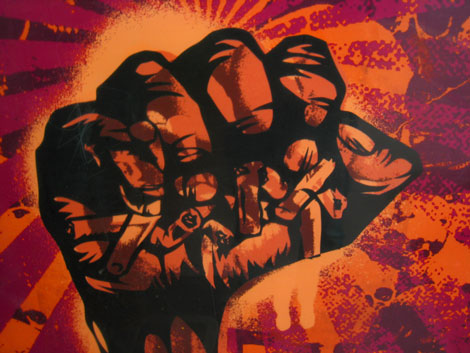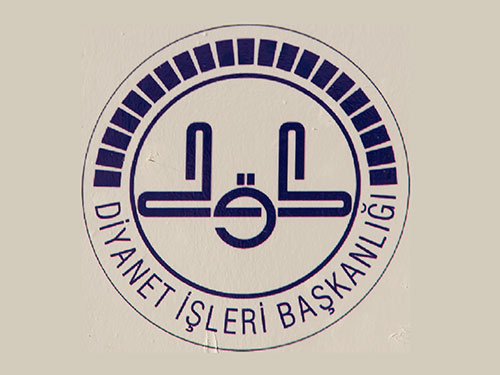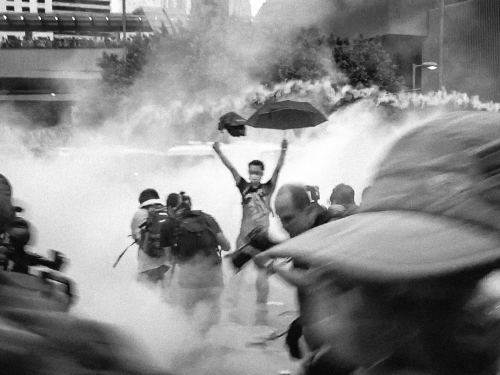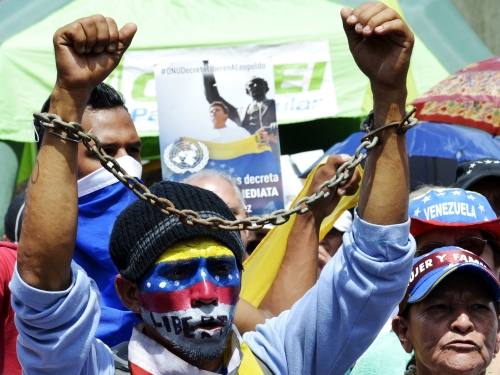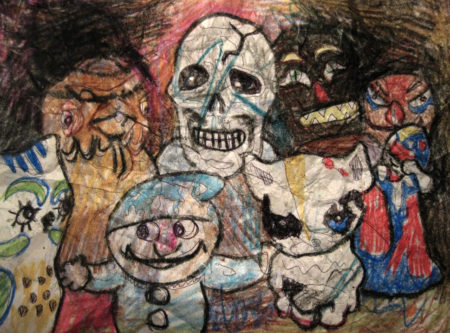
This article was originally published by the Carnegie Moscow Center on 14 September 2016.
Some degree of isolationism—“sovereignty,” in official political parlance—is necessary for every authoritarian regime to survive. But elites and societies as a whole don’t want full-blown isolationism. In Russia and elsewhere, “authoritarian internationalism”—an alliance of quasi-democracies—has come to the rescue.
Much of the world currently lives under “intermediary” political regimes. Pure dictatorships are a dying breed, but “shining city upon a hill” democracies are also hard to find. Most countries are “neither here nor there”—they don’t have firing squads to quash dissent, their borders aren’t closed, and they haven’t banned political parties that might compete with the dominant, ruling party.
As political scientists Steven Levitsky and Lucan Way have shown, hybrid political regimes tend toward democratization based on three factors: “linkage,” “leverage,” and “organizational power.”
Linkage is the economic and political connection between the regime and the outside world, its involvement in international alliances, agreements, and trade. The higher the level of involvement, the higher the chances of democratization, and vice versa.

